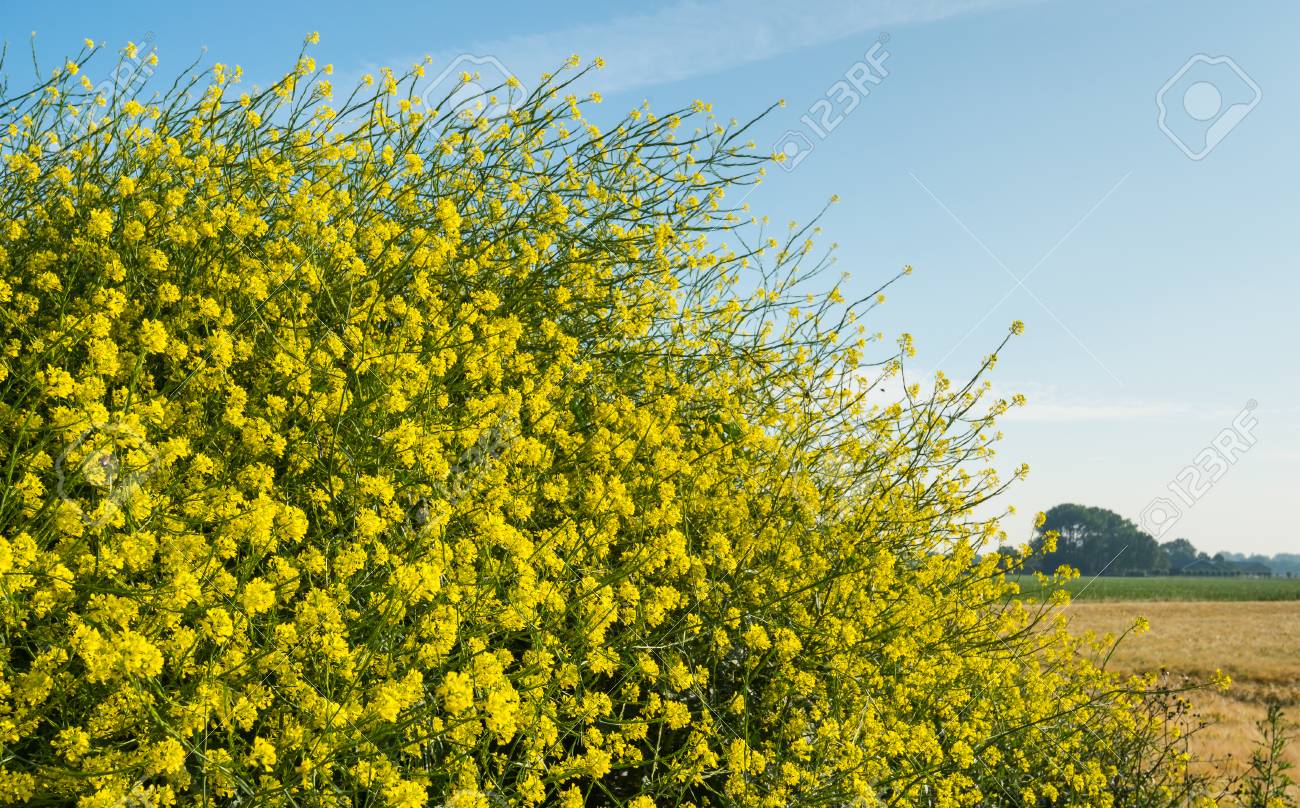They’re lovely to look at. They grow and spread faster than the wildest weed. They can cover an entire hillside in less than a week. I’m talking about Brassica Nigra, or more commonly called Black Mustard. You can use the seeds to make mustard. The plant is edible. It’s also a foreigner – an invasive species. As we begin to think about the threat of wildfires, we realize that this is one of the most dangerous elements to worry about. Let me count the ways…
- Increased Fire Risk: During the summer, black mustard plants desiccate, forming dense and highly combustible materials. This substantially heightens the risk of wildfires, which can quickly propagate through these parched and thick areas.
- Displacement of Native Vegetation: Black mustard is known for its aggressive competition with native plants, often outcompeting them and displacing them from their natural habitats. This can have detrimental effects on biodiversity and local ecosystems. The specific conditions that black mustard disrupts are often essential for the survival of many native species, exacerbating the impact of its dominance.
- Impact on Wildlife: The removal of native plants from their natural habitat can have a significant impact on local wildlife. Many local animal species rely on native vegetation for their survival, using it as a source of food and as a habitat. When non-native species such as black mustard take over, they can disrupt these delicate ecological relationships, ultimately leading to a decline in the populations of native wildlife.
- Soil Degradation: Black mustard has the capacity to change the composition of soil and the cycling of nutrients. Its dense root systems can hinder the growth of other plants, and when a large amount of mustard plant matter decomposes, it can alter soil chemistry in ways that are not beneficial to native species.
Implementing effective strategies for managing and containment of the rampant spread of black mustard is imperative. These efforts are vital to counter the potential threats posed by this invasive species and safeguard the natural landscapes and local communities of Southern California.








